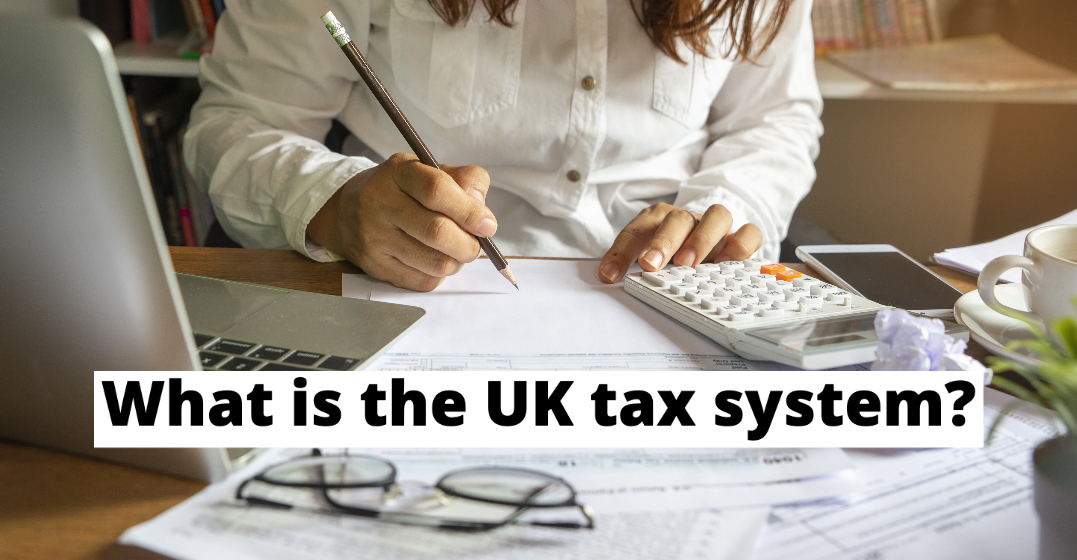How does the English tax system work?
Published on June 22, 2020 / Updated on January 10, 2024
Is the English tax system really complicated? Not really! Paying income tax in England is surprisingly straightforward and it’s quite easy to work out which tax band you would be in. So if you’re wondering how much tax you would pay in England, read on.
The UK has a progressive income tax system. This means that lower earners pay a smaller percentage of their income in tax, while higher earners pay more. This is the same in many countries around the world.
The personal tax year runs from 6th April to the following 5th April. So this tax year is 6th April 2020 – 5th April 2021. These dates are especially important for people who are self-employed and we’ll see why later.
If you live and work in England, you will normally be expected to pay tax. In fact, even the Queen pays tax, so there’s no way an average person like you or I can escape it! However, if you have a low income, you might not pay tax at all; this often applies to students or people who work part-time. You are eligible to pay tax as soon as you start working, even if you are under 18.
You can earn a certain amount of money per year before you pay any tax in England. For the year 2020/2021, that amount is £12,500; this is called your Personal Allowance. Then, there are three more tax bands: Basic rate, Higher rate and Additional rate. Look at this table to see how much tax you might pay in England.
| Band | Income | Tax Rate |
| Personal Allowance | £0 – £12,500 | 0% |
| Basic Rate | £12,501 – £50,000 | 20% |
| Higher Rate | £50,001 – £150,000 | 40% |
| Additional Rate | +£150,001 | 45% |
Let’s look at an example. Mrs Smith earns £40,000 per year, so how much tax does she normally pay? The first £12,500 is tax-free. On the next £27,500, she pays 20% tax. So she pays £5,500 in tax per year.
A tax code is a series of letters and numbers which tell you how much tax you are paying. If you are employed, it will be on your payslip and the government sends out your tax code every year. It is normally the amount you can earn before paying tax divided by 10 and with a letter added. Sounds complicated? Look at this example:
If you are employed, you pay tax by the PAYE (Pay-As-You-Earn) system. This means that taxes are taken out of your salary before you get the money in your bank account. This is a very easy way to pay taxes and it means that most people in the UK don’t even have to think about it.
If you are self-employed, you have to file a tax return every year. Because the financial year ends in April, you should do your tax return around then if you can. You can do it yourself online via Self Assessment or there are lots of companies that can help you.
You pay your income tax to Her Majesty’s Revenue and Customs (HMRC). But don’t worry! Your money isn’t heading to the Queen so she can buy herself a new crown and a corgi. HMRC uses money from taxes to pay for public services we all use like the health service, schools and the welfare system. It is also used to pay for things like housing, roads and the police.
Income tax isn’t the only tax that people pay in England. Most people pay Council Tax which goes towards local services like libraries and rubbish collection. People also pay VAT on lots of goods and services they buy. Working people also pay National Insurance; money from this goes to building government benefits like your pension and parental leave.
If you think about all of the great things you get from paying your taxes, you can see that it’s a pretty good deal.
So which tax band would you be in in England? Would you pay more or less than in your country?
